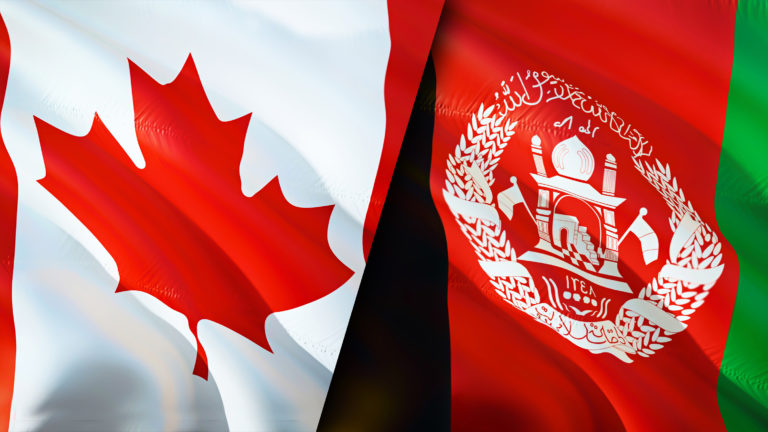Canada immigration news: A new Saskatchewan Tech Talent Pathway is targeting 11 high-demand technology occupations for Canada immigration.
In launching the Tech Talent Pathway, the Saskatchewan Immigrant Nominee Program (SINP) follows the likes of British Columbia, Ontario and Alberta in targeting specific occupations with labour shortages.
The new stream, which became active on March 7, 2022, allows candidates to apply directly to the SINP, or through the Express Entry system. It is aimed at candidates already working in the province, those already working elsewhere in Canada, or those applying from abroad.
Read More Canada Immigration News
Saskatchewan To Target 21 Healthcare Occupations For Canada Immigration With New EOI Pool
Canada Labour Shortage: Top 10 Most In-Demand Jobs in Saskatchewan
All You Need To Know To Immigrate To Canadian Province Of Saskatchewan
“As Saskatchewan emerges from the impacts of the global pandemic, our technology sector will be an important driver of economic growth,” Immigration and Career Training Minister Jeremy Harrison said.
“The new Tech Talent Pathway provides our Saskatchewan employers with a dedicated stream for the attraction of highly skilled talent into our thriving technology sector.”
To be eligible, candidates must have a job offer in an eligible occupation, plus the require language skills, work experience, education and licensing (see below).
What Are The Requirements For The Saskatchewan Tech Talent Pathway?
Non-Express Entry
- Work Experience
- Applying from within Saskatchewan: Currently working in Saskatchewan and have worked full-time (30+ hours per week) for at least six months for the employer offering the job (in an eligible occupation). Candidate who have not been working for the supporting employer full-time for at least six months must have at least one-year of work experience in the occupation in the last five years.
- Applying from inside or outside of Canada: One year of high-skilled related work experience in the past five years in the intended eligible occupation.
- Language
- If currently working for the employer offering the job, the employer assesses language ability.
- If not currently working for the employer offering the job, have English and/or French language ability of Canadian Language Benchmark (CLB) 5 or higher.
- Licensing
- Be eligible for Saskatchewan licensing (required for computer, software, electrical and electronics engineers).
- Education
- Post-secondary education relating to the job being offered.
- Job Offer
- Offer of an eligible permanent, full-time technology or innovation sector job in Saskatchewan.
Express Entry
Requirements are the same as non-Express Entry, except:
- Have a valid Express Entry profile number and job seeker code.
- Meet the federal Express Entry language requirements of English and/or French of Canadian Language Benchmark (CLB) 7 or higher.
Saskatchewan Tech Talent Pathway: Eligible Occupations
|
NOC |
Occupation Titles |
|
0213 |
Computer and information systems managers |
|
2133 |
Electrical and Electronics engineers |
|
2147 |
Computer engineers (except software engineers and designers) |
|
2171 |
Information System analysts and consultants |
|
2172 |
Database analysts and data administrators |
|
2173 |
Software engineers and designers |
|
2174 |
Computer programmers and interactive media developers |
|
2175 |
Web designers and developers |
|
2281 |
Computer network technicians |
|
2282 |
User support technicians |
|
2283 |
Information system testing technicians |



